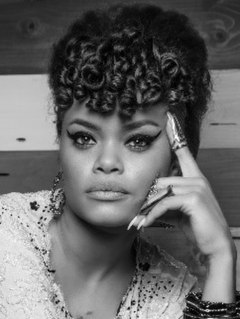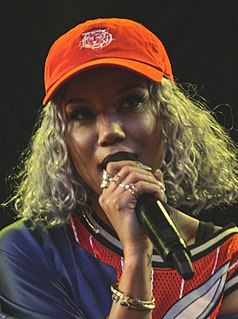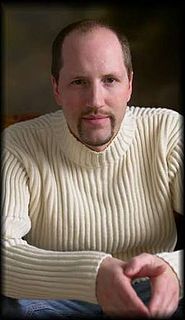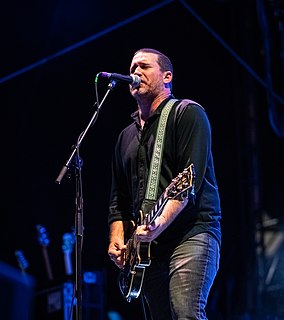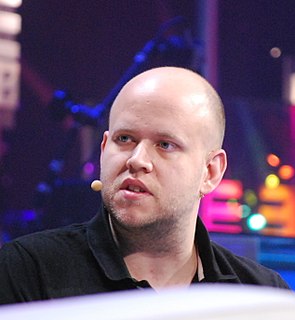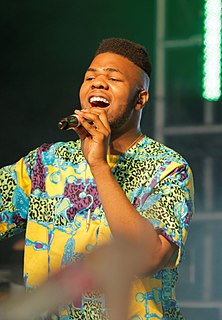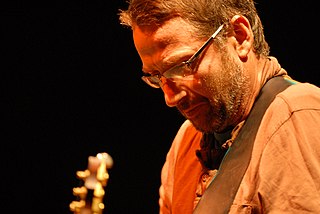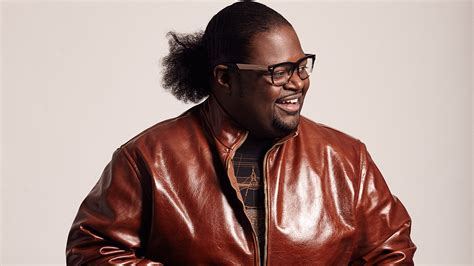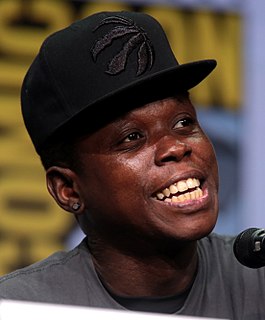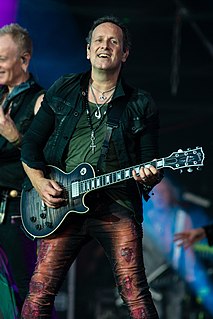A Quote by Andra Day
I tell people all the time - I'm a very spiritual person, so I pray over everything that I do including creating music, a new song.
Related Quotes
I'm very concerned with the healing process of a song and music in general. I think that's why I make music - it heals me and I'm extremely sensitive to people who tell me that this or that song made them feel better or helped them go through a difficult time in their life. I think that music is almost medicine. I don't know if that's my philosophy, but that's my thought process.
My faith plays a big part in my life. And when I was answering that question what I was really saying to the person was that I pray a lot. And I do. And my faith is a very, it's very personal. I pray for strength. I pray for wisdom. I pray for our troops in harm's way. I pray for my family. I pray for my little girls.
When that much time goes by, you're really listening to your old music differently. At the time it's written, it was the beginning of our career and with every song we're thinking, 'This is what's creating us.' Now, nothing is creating us. We're well-created. We're there. It becomes just pure pleasure and you become sort of an archeologist of your own music. You don't judge it, because what's the point? It's a 30-year-old song. It just becomes fun.
There are half a billion people that listen to music online and the vast majority are doing so illegally. But if we bring those people over to the legal side and Spotify, what is going to happen is we are going to double the music industry and that will lead to more artists creating great new music.
Often by the time writers and producers try to get a new hit song, the industry has already moved on. Whatever you're creating might not be as hot as it would have been during the time of your first hit. It definitely compromises the creative process when the music is changing and evolving so fast. If you're not on top of it, you will be forgotten.
I wrote 'Turn Your Radio On' in 1937, and it was published in 1938. At this time radio was relatively new to the rural people, especially gospel music programs. I had become alert to the necessity of creating song titles, themes, and plots, and frequently people would call me and say, 'Turn your radio on, Albert, they're singing one of your songs on such-and-such a station.' It finally dawned on me to use their quote, 'Turn your radio on,' as a theme for a religious originated song, and this was the beginning of 'Turn Your Radio On' as we know it.
These are very difficult times for new artists. Back in the day, a hit song could really seep into a person's DNA with radio and MTV. A hit today is not the same as a hit twenty years ago. Now there is so much competition, it is very hard to reach the people. The music scene is so overly saturated. There are no gatekeepers like there used to be.
